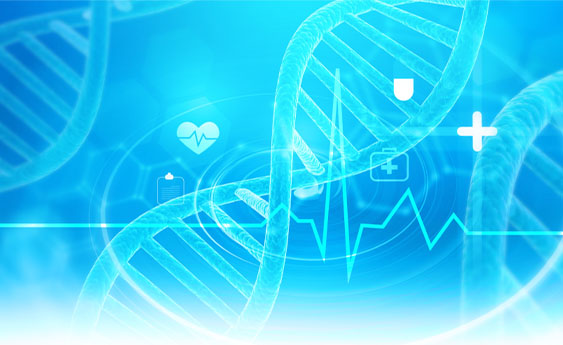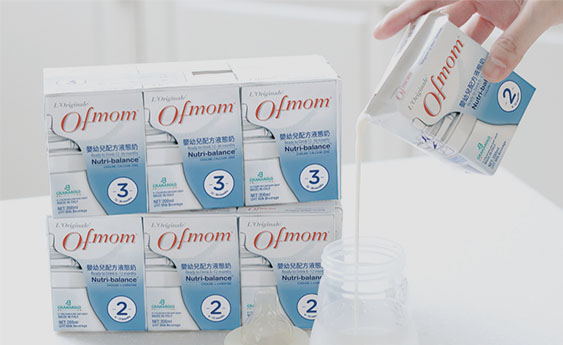The best food for the newborn
Many healthcare experts understand the importance of breastfeeding, as breast milk is naturally designed for a child’s health and development. WHO and UNICEF recommend that breastfeeding for the first two years old or longer to provide all the energy and nutrients that infants need. According to the American Academy of Pediatrics (AAP), breastfeeding also lowers your baby’s risk of various diseases, such as otitis media, diarrhea, SIDS (sudden infant death syndrome), etc.

Breast milk contains antibodies that can fight infection. Normally these antibodies are from the mother’s past infectious illnesses, and then transcended to her baby while breastfeeding. Breast milk is made up of other nutrients like proteins, fats, sugars, and white blood cells, which will help set the stage for a protective and balanced immune system. As noted in Oregon Science & Health University, breast milk plants good bacteria into the baby’s digestive system to build a strong and healthy immune system, thus resulting in being immune to allergies, asthma, inflammatory bowel disease, and other gastrointestinal issues.
While there is solid evidence that breastfeeding provides health benefits to both babies and mothers, some mothers are not able to breastfeed their infants. In many cases, mothers may have latching problems or medical complications. We at Ofmom have developed breast milk substitutes that functionally optimize the nutrients and health benefits for infants.
Further research to resemble breast milk

To this end, we at Ofmom take collaborative efforts to move forward in deeper research. Ofmom, the Roman Catholic University and the Gemelli Hospital have set up and operated the Biobank, “Mother and Child and beyond”, to enhance maternal and child health. The Biobank is a human resource bank that collects, saves and sells information of human derivatives such as cells, tissues and DNA. By analyzing genetic samples collected from more than 3,500 pregnant women and newborns, we have been studying the effects of fetal’s genetic information of gut microbiome on the growth and health of the fetus.
We also cooperate with Peking Union Medical College Hospital, the most authoritative medical institution in China, on clinical researches regarding the pathogenesis, prevention and treatment of maternal and neonatal diseases.
Backed by the in-depth research on mother and child’s health and breastfeeding, we have been developing infant formulas that are functionally similar to breast milk. We will devote ourselves to further research to understand breast milk and develop closest infant formula to it with the goal of ensuring better health and well-being for all.

Clinical Research
-

Mutualism
between prebiotic activity and the gut microbiome environment through probiotic fermentation of food.
-

Humanism
In the health industry, clinical studies are being conducted for the benefit of mothers and babies in ‘Maternal-Child Health Services' at Peking Union College Hospital in China, and for those suffering from diabetes and metabolic chronic diseases at the Roman Catholic University and the Gemelli Hospital in Italy.
-

Medical professionalism
for development of prevention, treatment, and care solutions using microbiome-based bacterial cultures.



